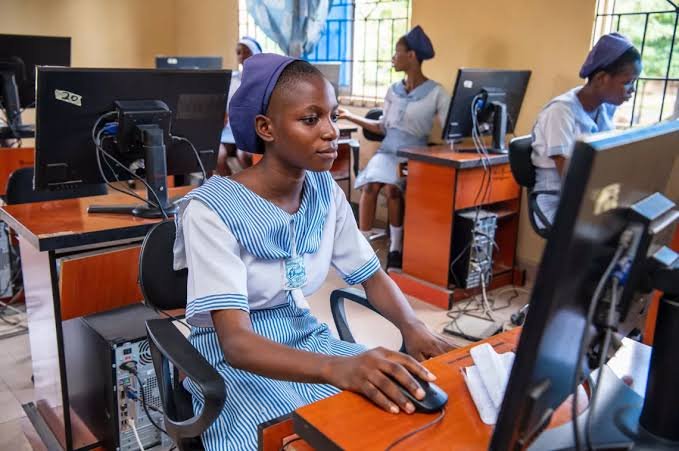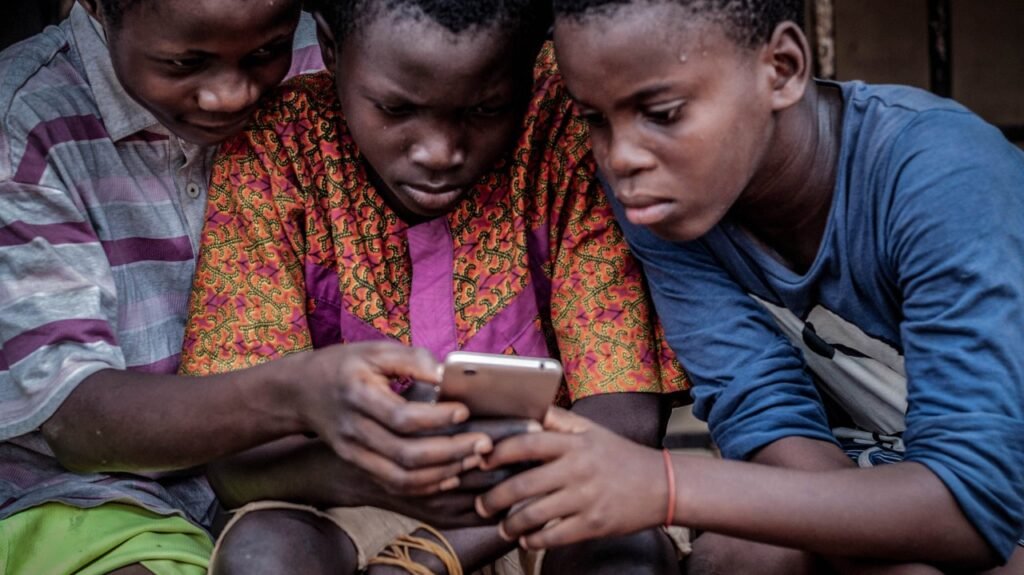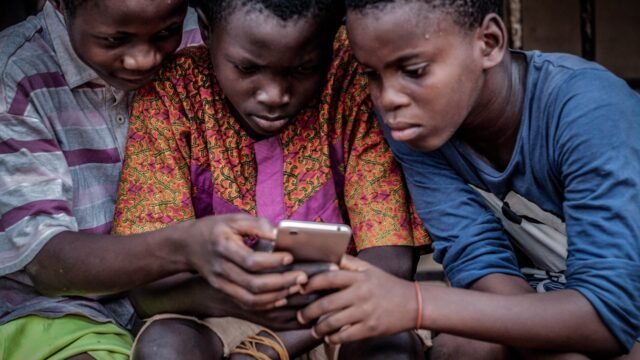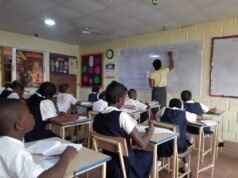A Kano-based civil society organisation, Ummatee-C4PASS, is sounding a warning: the escalating insecurity in northern Nigeria is not only threatening lives—it is endangering children’s access to education. In a compelling statement issued by its Executive Director, Ghazali Ibrahim Ungogo, the group urged both federal and state governments to adopt a robust distance-learning system immediately to protect students in regions where school closures have become all too common.
Their call is built on the belief that education should not become a casualty of conflict.
Table of Contents

The Crisis: When Insecurity Knocks Out the Classroom
According to Ummatee-C4PASS, repeated attacks by bandits, terrorists, and kidnappers have forced authorities to shut down schools in parts of northern Nigeria—denying many children their right to learn. Ungogo’s organisation warns that the consequences of such closures go far beyond academics: extended school shutdowns worsen inequality, widen learning gaps, and push the most vulnerable children—especially girls—toward early marriage, child labour, and exploitation.
They note with concern that northern Nigeria already has one of the highest proportions of out-of-school children globally, making the situation even more urgent.
A Proposed Solution: Seven-Point Plan for Digital Learning
Ummatee-C4PASS isn’t merely sounding an alarm—they’ve proposed a detailed seven-point roadmap to keep education alive, even in crisis-affected areas:
- Launch a secure e-learning platform aligned with Nigeria’s national curriculum, to offer structured lessons online.
- Distribute digital learning devices, such as tablets, preloaded with recorded lessons, for communities with unreliable internet access.
- Provide data support, offering free or heavily subsidised internet bundles to students from low-income or rural areas.
- Upload full learning materials, including WAEC and NECO textbooks, past exam questions, and audio-visual guides, on the platform.
- Hire qualified online tutors, who can deliver live classes, record modules, and give weekly assignments with feedback.
- Ensure safe exam centres, by allowing students in conflict zones to sit WAEC and NECO exams in nearby physically secure schools.
- Scale the model regionally, encouraging all northern states experiencing insecurity to replicate the distance learning system.
Their argument is clear: these measures can help maintain continuity in education even when physical classrooms are unsafe.
Why This Matters — And Why Now
Ummatee-C4PASS underscores that the stakes are high. They warn that failure to act could have long-term social and economic fallout. Education isn’t just a constitutional right—it’s a lifeline, they argue, especially in times of crisis.
Additionally, the organisation has expressed its willingness to partner with government agencies, development partners, and other civil society groups to build, monitor, and scale this proposed e-learning system. They emphasise the urgency: “Nigeria cannot afford to lose its future to insecurity.”

Digital Learning in Context: Broader Trends in Nigeria
The appeal by Ummatee-C4PASS isn’t happening in a vacuum. Across Nigeria, there’s growing momentum for digital education as a response to traditional system challenges.
- Federal and state governments have begun rolling out e-learning tools. For example, TETFund has deployed the Blackboard Learning Management System at the Kaduna State College of Education.
- Education experts are increasingly advocating hybrid learning, blending online and physical teaching to reach more students and improve outcomes.
- Platforms like the Nigerian Learning Passport have become critical for learners in unstable regions. The Cable reports that, in some northern states, students use the app when schools are closed.
- More broadly, a national task force on digital education has been established to create policies that support digital learning across the country.
These developments show a shift in how Nigeria views education in the 21st century—especially in areas where traditional schooling is disrupted by insecurity.
Way Forward: From Advocacy to Action
Ummatee-C4PASS’s appeal is both timely and rooted in an acute understanding of northern Nigeria’s challenges. Their readiness to collaborate means the conversation doesn’t need to stop at advocacy—they’re pushing for concrete, scalable solutions.
Implementing their roadmap would require coordinated action:
- Government commitment at both federal and state levels to fund and prioritise digital infrastructure, data provision, and device distribution.
- Policy support from education MDAs to integrate e-learning platforms with the national curriculum and examination bodies.
- Partnerships with NGOs, development organisations, and civil society to build, maintain, and monitor a distance learning framework.
- Community engagement, ensuring parents, teachers, and students in affected areas buy into digital learning and know how to access the tools.
If successfully implemented, Ummatee-C4PASS’s vision could restore educational hope for thousands of children whose schooling has been interrupted by conflict.

Conclusion
With insecurity forcing school closures across northern Nigeria, Ummatee-C4PASS is urging a bold pivot: adopt e-learning now to prevent a generation from losing out on education. Their well-defined seven-point plan—which includes platforms, devices, internet support, and tutor deployment—is a practical roadmap. As the country ramps up its digital education efforts, now might be the moment for government and partners to answer the call—and ensure that insecurity does not strip children of their future.
Join Our Social Media Channels:
WhatsApp: NaijaEyes
Facebook: NaijaEyes
Twitter: NaijaEyes
Instagram: NaijaEyes
TikTok: NaijaEyes
READ THE LATEST EDUCATION NEWS





